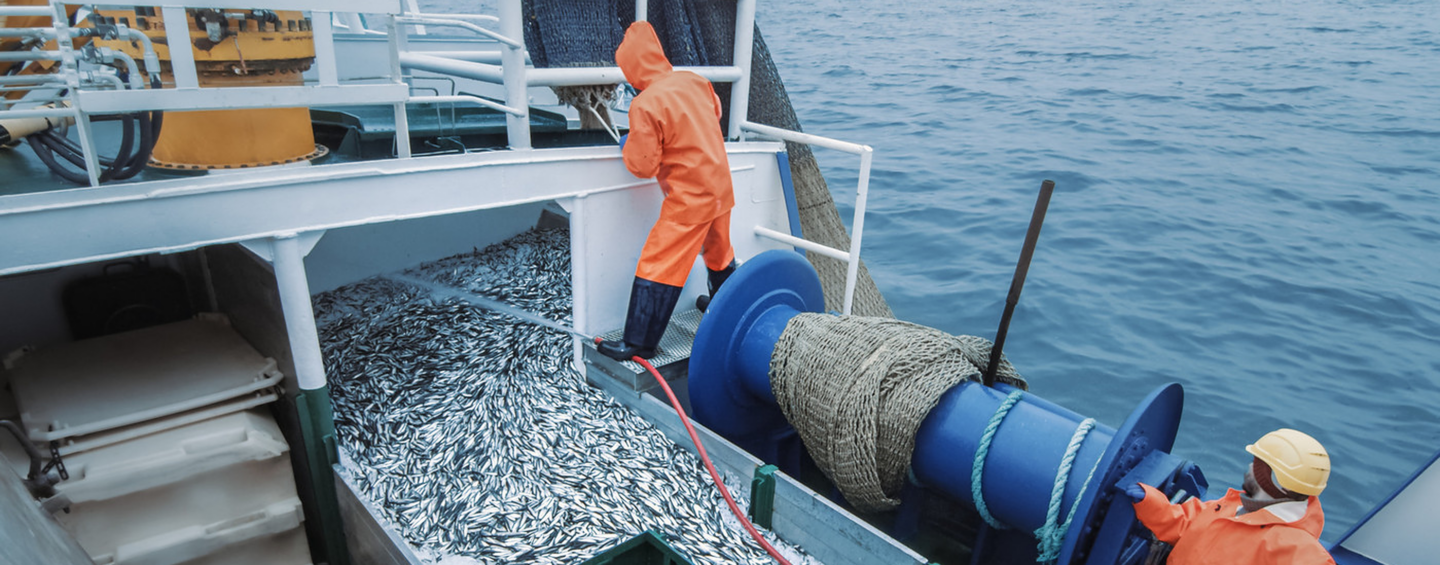Dear Sir/Madam,
Your recent article [“Secure sustainable seafood from developing countries,” Science, 1 May, 2015, Vol. 348, Issue 6234, Page 504] on fishery improvement projects (FIPs) provided valuable insights into some of the challenges and opportunities associated with this approach. FIPs certainly do need to be transparent and demonstrate steady progress in order to secure market access for the seafood they produce. There are many examples of successful FIPs – for some examples visit www.fisheryimprovementprojects.org – but there are also examples of projects where progress has stalled.
However, despite a useful overview of the issue, the article overlooked several important initiatives that are intended to address any potential weaknesses in the FIP approach. For instance, organizations involved in promoting FIPs, such as Sustainable Fisheries Partnership (SFP), the Worldwide Fund for Nature (WWF) and Ocean Outcomes, are all members of the Conservation Alliance for Seafood Solutions that has recently published guidelines for supporting FIPs. These guidelines are explicit in their requirements for rigorous public reporting of FIPs and the need to demonstrate progress in a timely fashion. SFP has also devised a FIP rating system which explicitly grades FIPs on their rate of progress and publishes this information on a website dedicated to fishery information – www.fishsource.com.
It is also worth challenging the claim that fisheries with FIPs currently gain market access simply because they participate in improvement projects – in fact all the fisheries cited in the article already had market access prior to any FIPs being introduced.
Lastly, the concerns regarding FIPs undermining existing certification activities seem unsupported by any tangible evidence. Most current fisheries with FIPs are seeking to achieve a level of performance that can be confirmed by certification in the future and there are no known examples of fisheries that deliberately avoided certification in order to stay a FIP forever.
Yours
Blake Lee-Harwood, Strategy Director, Sustainable Fisheries Partnership Foundation
For more information on this letter and the article in Science, contact Blake Lee-Harwood.

